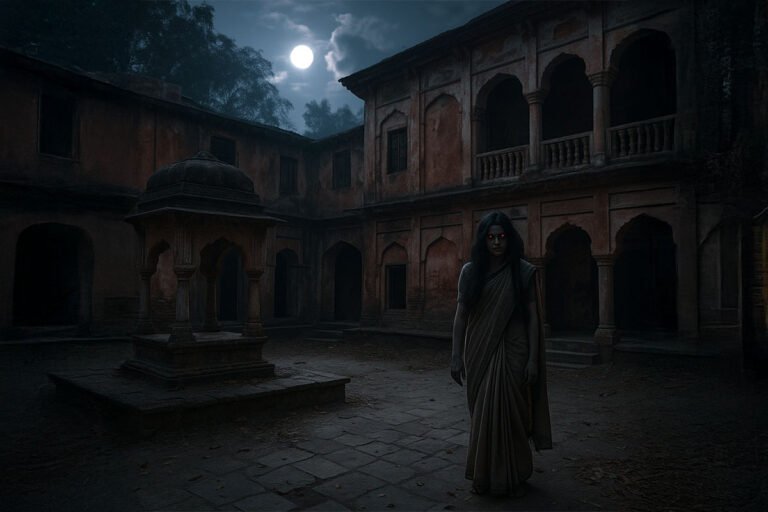Once upon a time, in the sacred land of India, there was a virtuous king named Indradyumna who reigned over the kingdom of Avanti. He was a steadfast devotee of Lord Vishnu and spent his days in prayer and service, his heart brimming with devotion. The king yearned to meet Lord Vishnu in person, a desire that consumed him day and night.
One fateful day, a sage arrived at the royal court with news that thrilled King Indradyumna. The sage proclaimed that Lord Vishnu had taken an earthly form as Lord Jagannath, residing in the city of Puri, on the eastern shore of India. Hearing this, King Indradyumna immediately embarked on a perilous journey towards Puri, his heart filled with hope and anticipation.
Upon his arrival, however, the king was met with disappointment. Lord Jagannath had mysteriously disappeared, leaving the city and its inhabitants in a shroud of despair. But King Indradyumna, resolute in his determination, organized a massive search operation throughout the kingdom.
Days turned into weeks and weeks into months, with no sign of Lord Jagannath. Just as the king’s hope began to waver, a divine voice echoed in his dreams, guiding him to a specific type of Neem tree on the outskirts of the city.
Rushing to the spot, the king found the tree, radiant with a divine aura. The celestial voice had also told him that the tree would reveal the earthly form of Lord Jagannath. A sculptor was summoned, who was, in fact, the divine architect, Vishwakarma himself in disguise. As he began his work, the aura around the tree intensified, a divine spectacle that captivated the citizens of Puri.
However, the sculptor had one condition: he was to carve the statue in isolation, with no interruptions or prying eyes. The king agreed, but as days turned into weeks with no news of progress, his curiosity and anxiety got the better of him. Against the sculptor’s request, he decided to visit the site.
Upon his arrival, Vishwakarma, annoyed at the king’s impatience, disappeared, leaving behind an unfinished idol of Lord Jagannath. The idol was without hands and feet, causing the king great distress. He feared he had offended the divine Lord by his impatient act.
However, in his dream, Lord Jagannath comforted the king, assuring him that he had chosen to be in this unique form to show that even without hands and feet, he could receive the offerings from devotees and move according to his divine will. Heartened, King Indradyumna installed the idol in the temple with much fanfare and began to worship it with fervor.
The Rathyatra, a grand procession where the deities are placed on giant chariots and pulled through the city, was the next significant event. King Indradyumna, wanting to express his profound humility and devotion, decided to sweep the path of the chariot himself. Dressed in the attire of a sweeper, the king, with a golden broom in his hand, swept the chariots of Lord Jagannath, Balabhadra, and Subhadra.
This act, known as the Chhera Pahara, moved the citizens of Puri and marked an important tradition in the Rathyatra. This tale of King Indradyumna’s deep-seated devotion for Lord Jagannath shows that before the divine, everyone, even a king, is but a humble servant. This tradition continues today, symbolizing that in the eyes of the Lord, all are equal, irrespective of their societal status.








